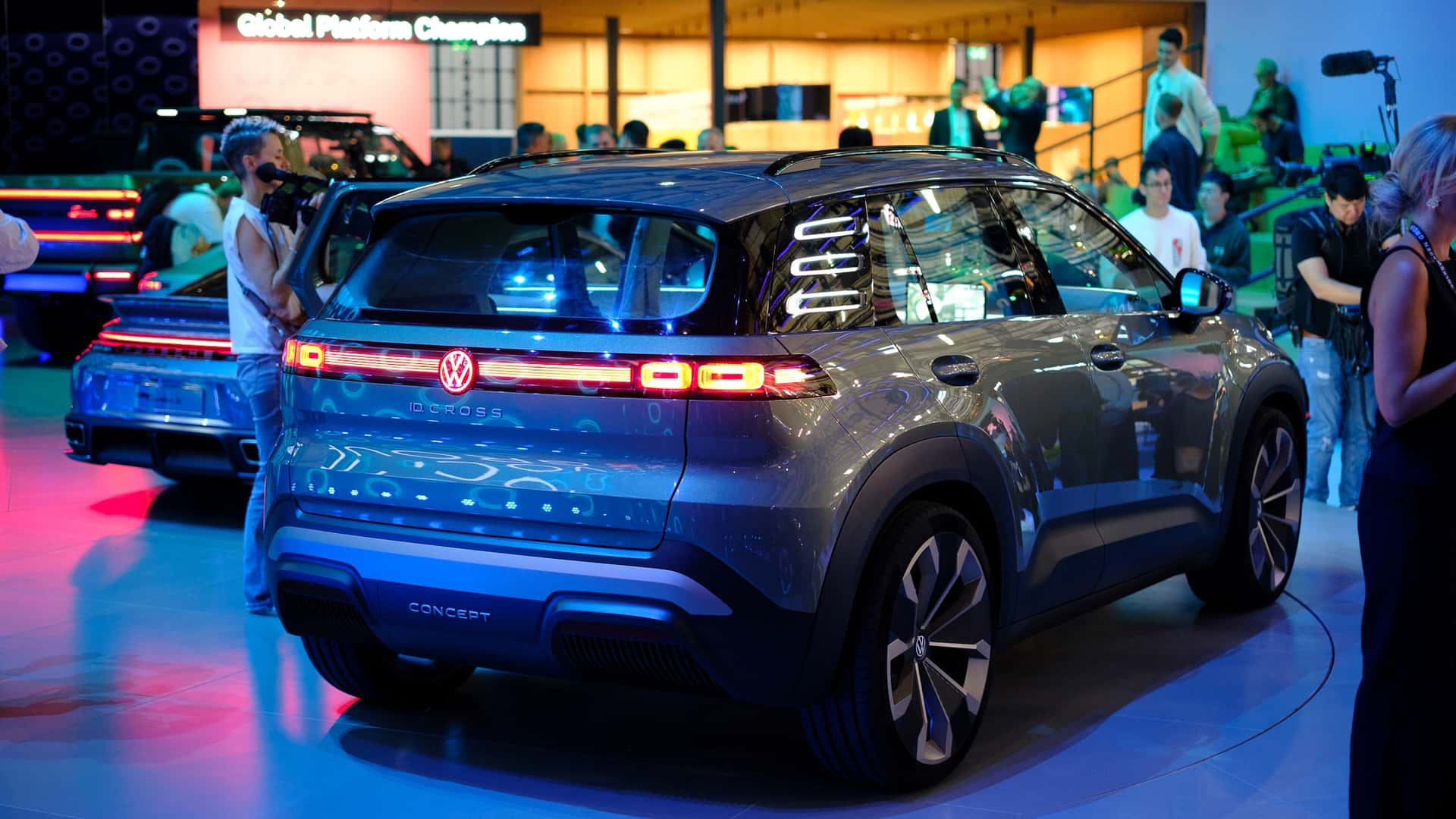
"When Volkswagen announced the ID.3 back in 2019, the company proclaimed it was a "new era" for the brand. The electric hatchback, it said, was an achievement on par with the brand's two most impactful products, the original Beetle and the Mk 1 Golf. I remember that moment, because it was the moment I knew VW was headed for a cliff."
"The claim represented an attitude that was common in board rooms and absolutely deadly in the marketplace. Legacy automakers like Volkswagen, Mercedes, Toyota and others proclaimed that their EVs were game-changers not because of any clear lead in powertrain technology or software, but because these big, proud companies had finally gotten around to actually trying to build a real-long range EV."
"But without any compelling vision for why consumers would choose these products over gas cars or rival EVs, and with cost-cutting running rampant, these companies found themselves throwing money at buyers just to clear out inventory. Cars like the Volkswagen ID.4 and Toyota bZ4x were supposed to prove that these companies were ready for the next era; instead, they proved just how much their parent companies still had left to learn."
"It had to learn the hard way, but Volkswagen did learn. It learned that consumers hated its new interiors, made barren and button-free by aggressive cost-cutting. It learned a lot about drive motor reliability after early ID.4 struggles. It learned about the importance of range and value with the ID. Buzz, and about software issues with its multiple attempts to right its troubled Cariad software arm."
Volkswagen positioned the ID.3 as a transformative product but lacked a clear consumer value proposition. Legacy automakers often claimed EV leadership without decisive advantages in powertrain or software, prompting heavy discounting to shift inventory. Early Volkswagen EVs exposed problems from aggressive cost-cutting: barren interiors, drive-motor reliability issues, limited range concerns, and troubled software development through Cariad. The company also confronted rising Chinese competition and U.S. tariffs. Those combined pressures forced Volkswagen to relearn priorities around design quality, reliability, range, software performance, and pricing strategy.
Read at InsideEVs
Unable to calculate read time
Collection
[
|
...
]